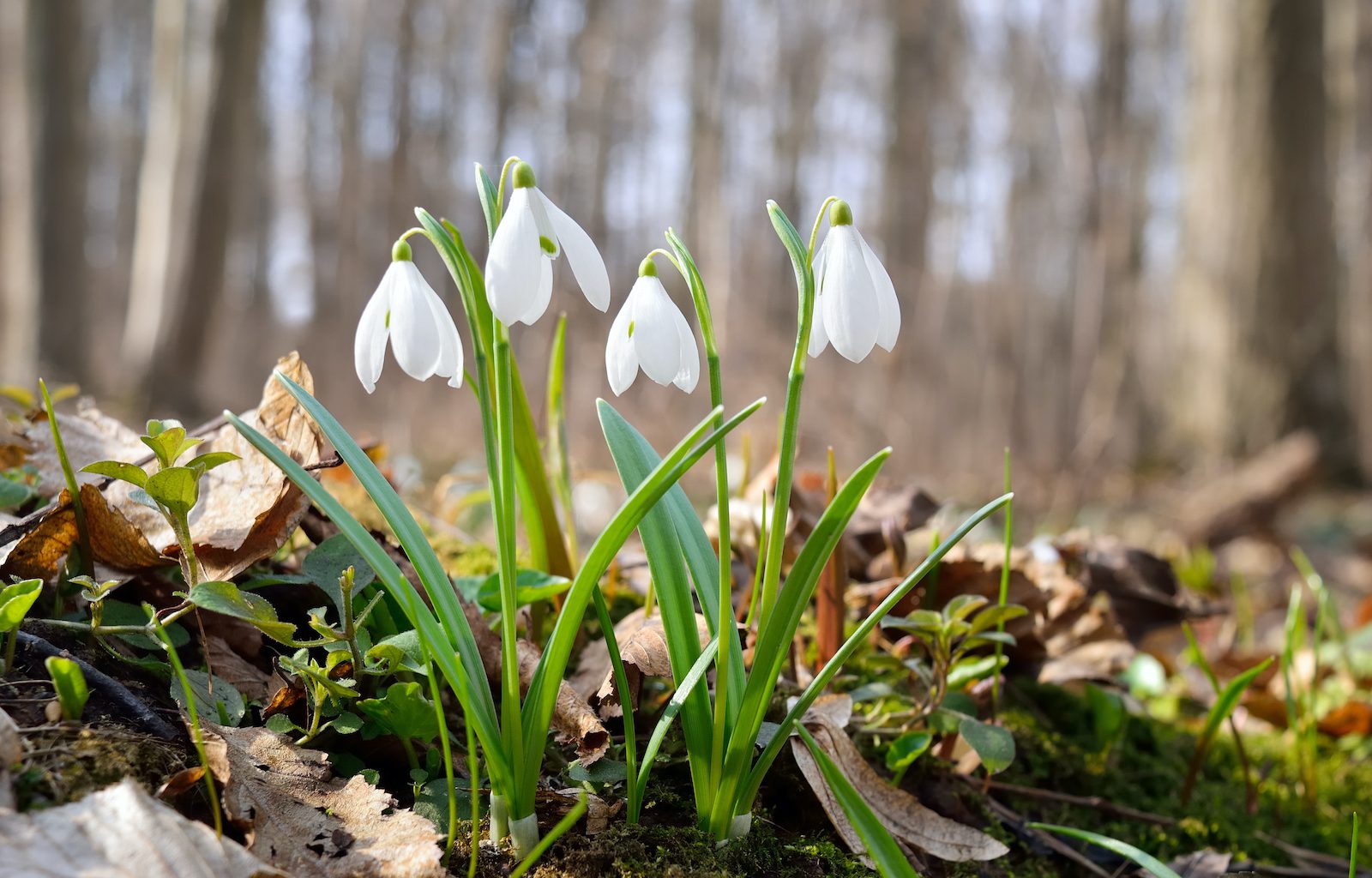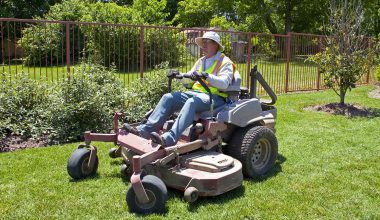It’s that time of the year again where days get shorter and the temperature drops. “Winter is coming” as Jon Snow would say in the Game Of Thrones. Autumn is when garden activity inevitably slows down, this means it’s the perfect time to get rid of the left-over lifeless vegetation from the summer before it gets too cold outside. This is the best time to sort your garden for next year, including your flower beds and winter leaves.
This season is all about picking up and packing down, so get your gardening tools out and we’ll start with some tips to help tidy up your borders and clear out your gutters.
Rake up fallen leaves
The combination of fallen winter leaves and icy cold weather screams slippery disaster. To start the season right, rake up fallen winter leaves so your garden paths are safe and tidy and remove from your flower beds. Another benefit of having these leaves in a pile is that you’ll be able to make rich compost for the spring to come!
Clean up rotting plants
Plants that brought life in the summer are long gone. You might be tempted to just leave it and let nature take its course, but besides looking untidy, rotting plants can harbor disease, fungus and pests. The best thing you can do is by removing them from the surface of the soil and burying them (if they’re disease-free) to provide organic matter that improves soil tilth and overall health.
Remove invasive weeds
Weeds have a reputation for being extremely headstrong and stubborn. Remember when your crops were invaded by weeds this spring? Well, this is a preventive measure to ensure they don’t get the chance to take over your garden bed again next spring. The best way to get rid of them completely is to place them in the trash. Remember they have a reputation, so resist the urge to simply shift them to a weed pile or compost heap.
How to Sort Flower Beds with Winter Leaves
Prepare your soil for spring
Most people reserve this activity for spring but having a headstart is not a bad idea. In most climates, nutrients added to your soil during this time of the year means the additions have time to start breaking down and enriching your soil. This means you won’t have to wait till your garden is all dried out in spring to work the soil for the first time. You would have done some of the work before the busy season hits!
Opt to plant some cover crops
Cover crops are a great way to increase levels of organic matter in your garden beds, break up compacted areas and prevent soil erosion from heavy winter rains. These plants usually range from legumes to grasses and can be bought from your local garden center. The general guideline when it comes to planting cover crops is around one month before your first frost.
Prune your perennials
Autumn is a great time to give some of your perennial garden plants a good trim. The ones with the direst need of affection are vegetables like rhubarb, asparagus; and herbs like rosemary, sage, and thyme. Be sure to remove crossing canes or spent to help control the plant’s vigorous spread.
Harvest and renew your compost
Although you might be tempted to kick back and ignore your compost heap, winter is actually the best time to harvest and renew them. For starters, the material that you’ve composted over the summer is most definitely done for. It’s best to use whatever that’s leftover to top up your garden beds or fertilize lawns. When you’re done, you can make way for another batch that’ll be ready by spring!
Dont forget to Replenish your mulch
Mulching in the summer does wonders in protecting the soil from erosion, reducing water loss and inhibiting weeds. But winter mulching has its own set of benefits as well! As the weather transitions, the freezing and thawing of the earth can severely affect the roots of your plants. By simply adding a thick layer of mulch to the surface of the soil, you can help regulate its temperature, moisture and ease the transition into winter.
Now that you know where and how to start, your garden will be looking pristine from your window. This headstart will give you plenty of time to plan ahead for a more elaborate garden when spring comes around. Time is ticking, will you be getting to work on your garden soon?






